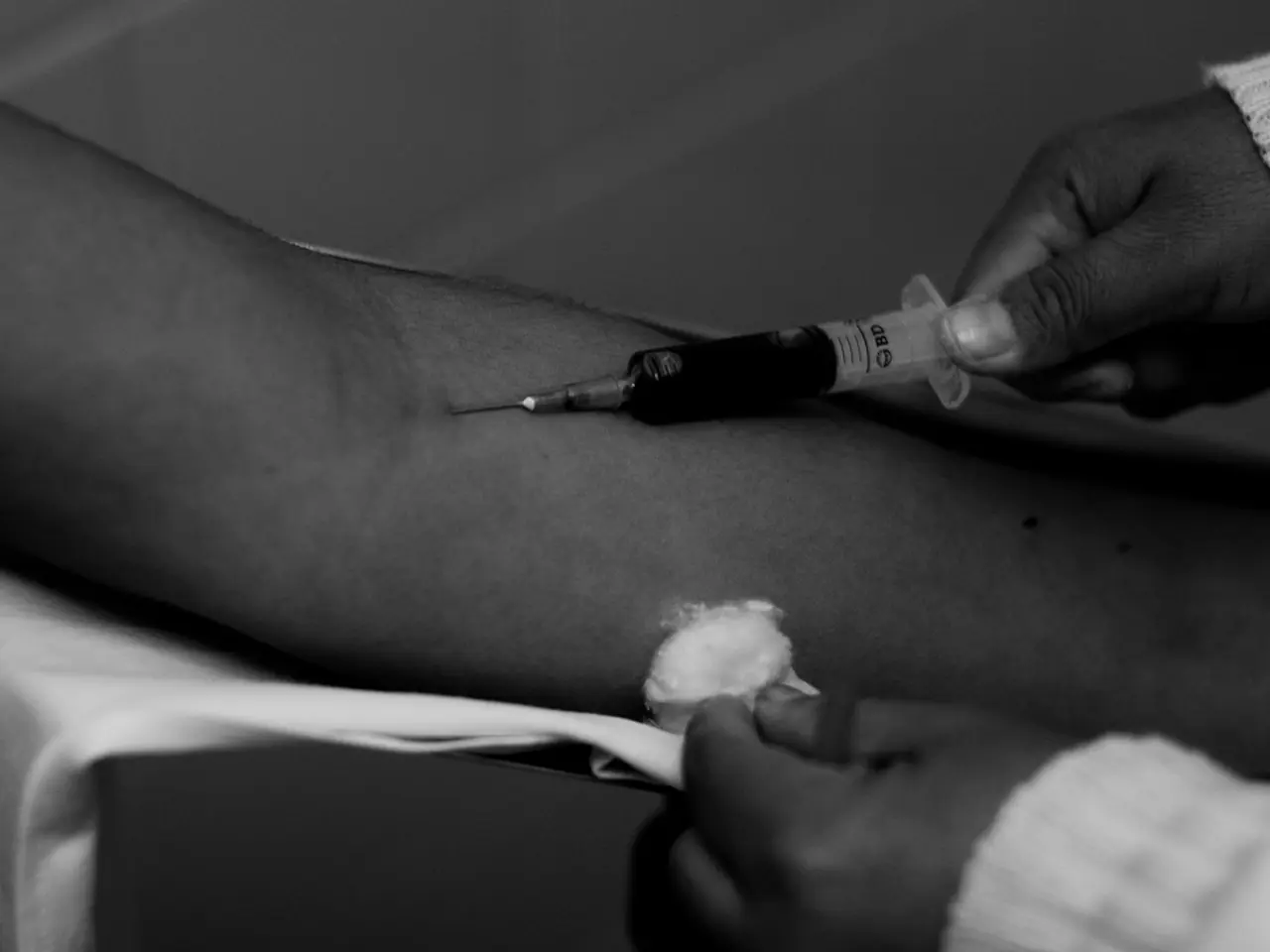Wegovy helps 20-year-old shed 40 lbs—but stigma and side effects linger
Ardita, a 20-year-old, has successfully lost 18 kilograms (41.89 pounds) in seven months with the help of the weight-loss injection Wegovy. However, she feels stigmatized by the solution, echoing concerns about the treatment's wider implications.
Ardita's journey reflects a broader issue. In Switzerland, 13.1 percent of girls and 14 percent of boys struggle with weight issues. Obesity affects 2.8 percent of girls and 3 percent of boys. The BMI of children who are already obese continues to rise over generations. Genetic predisposition and appetite regulation play significant roles, with children of overweight parents having an 80 percent chance of also becoming overweight.
Wegovy, produced by Danish pharmaceutical company Novo Nordisk, has been approved for use in Switzerland from the age of 12. Health insurance covers the cost for patients with a BMI of 35 or higher. Ardita's BMI has decreased from nearly 37 to a healthier level after her weight loss. However, she finds the appetite-suppressing effects challenging, making it difficult to eat the same amounts as before without feeling sick. This struggle is not uncommon, with more than half of teenagers and young adults at the Pediatric Endocrinology Center in Zurich dropping out of treatment early due to similar issues.
Ardita's success story highlights the potential of Wegovy in managing weight loss. However, the challenges she faces also raise questions about the long-term sustainability of such treatments. As obesity continues to be a pressing issue among Swiss youth, further research and support are needed to ensure effective and stigma-free solutions.







